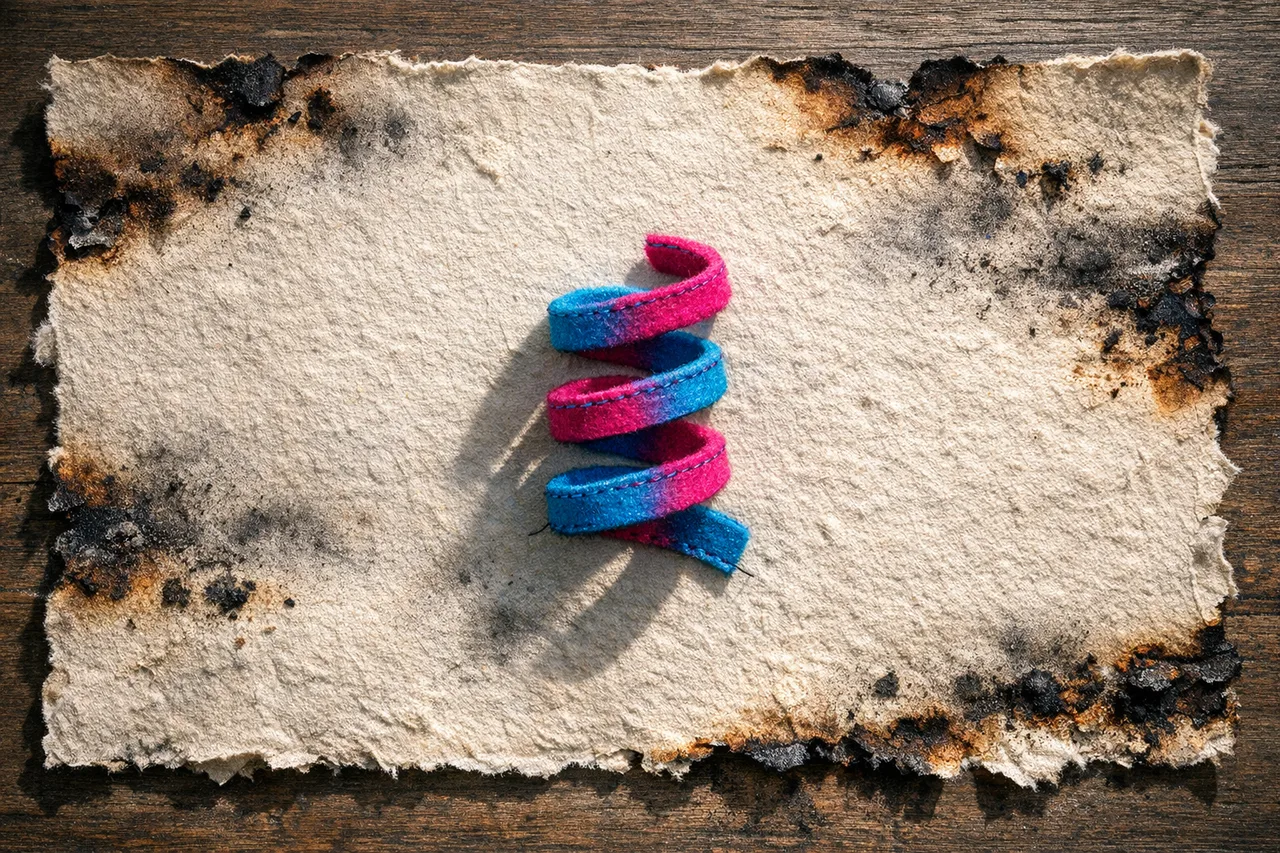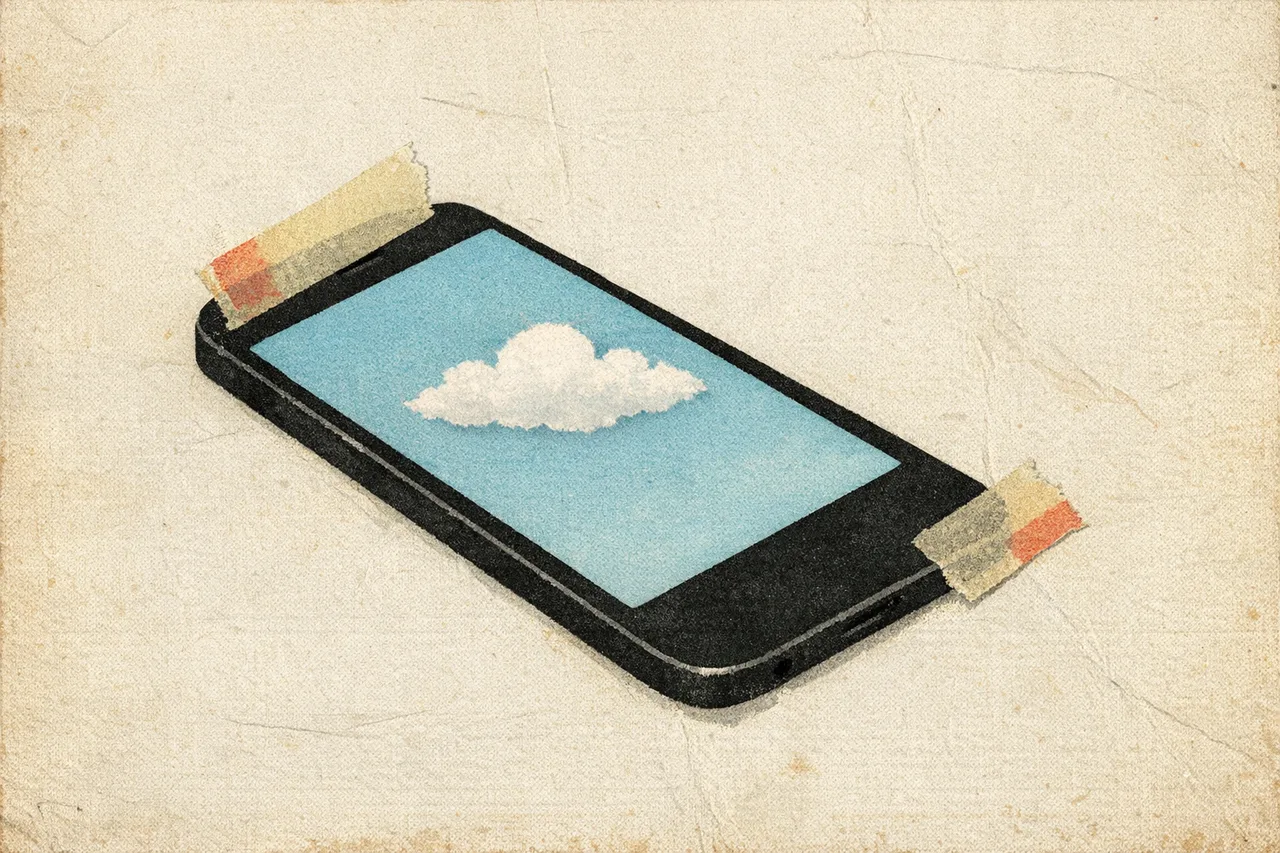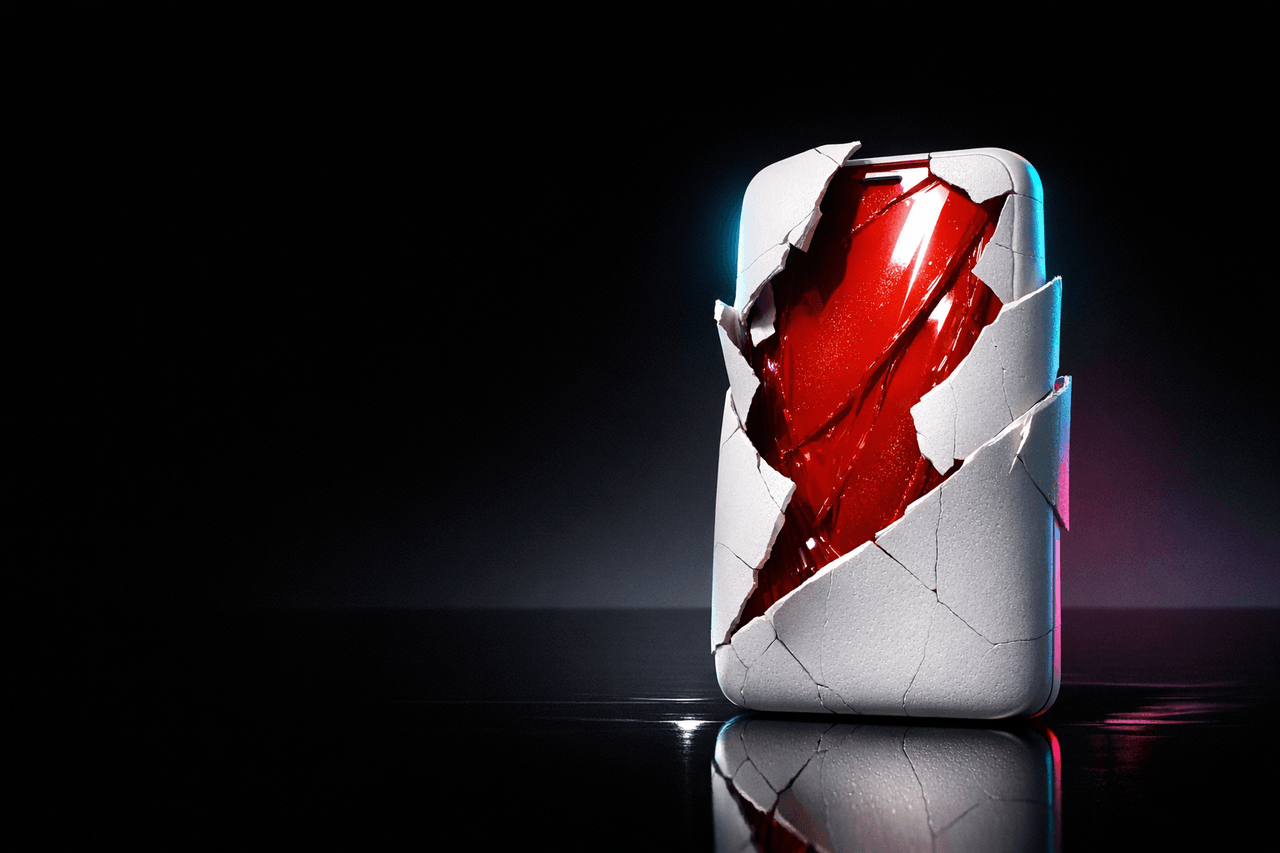
No parent wants to get a phone call saying their teen driver has been in an accident, but it does happen. In fact, according to the CDC, “motor vehicle crashes are the leading cause of death for US teens.” So while parents may never want their teen driver to get into an accident, it’s still better for you to help prepare your teen to know how to act and what to do should they ever be involved in one. When it comes to teen drivers and car accidents, here are some tips to help you prepare.
Check for injury first.
The very first thing you should teach your teen to do is check for injury before doing anything else. Whether they are driving alone or with others, make sure they see if they or anyone else in the car is injured, and then assess the situation. If your teen or anyone else is injured, make sure your teen provides accurate detail of the injuries to first responders when they make the call. It’s also important for your teen to try and document the injuries in some way too.
Call first responders.
After assessing the driver and passenger, the next thing your teen should do is contact first responders. Make sure your teen knows how to call the emergency line and what information they will need to provide. This usually includes location, make and model of vehicle, report of injuries, and their name and contact info. Depending on the situation, dispatch may stay on the line with your teen until first responders arrive. And while your teen may be nervous or scared, it’s important for them to try and talk clearly and answer any questions that may be asked.
Don’t admit fault.
It doesn’t matter if the accident was your teen’s fault, make sure they know never to admit fault. Instead, it’s best to eliminate conversation with the other driver and instead wait for the first responders to arrive and handle the situation. While this may be hard to do for your teen because they are nervous or scared in the situation, it’s fine for them to remain in their car with the doors locked until help arrives. If you want to help them learn how to do this by practicing what to do in the situation, that could be extremely helpful.
Move out of the way.
If the accident was minor—and after your teen has called first responders—let them know it’s okay to move the vehicle out of the way of other vehicles. In most cases, the dispatcher will let your teen know if they should move the vehicle, if possible. Obviously, this will depend on where the accident took place and the severity of the accident. For minor fender benders, it makes sense to move the vehicles off the road so regular traffic will not be disrupted. However, if there are any injuries, dispatch will likely require your teen to keep the vehicle where it’s at.
Get all documents.
Documenting the accident is also important, regardless of who was at fault. Make sure your teen knows what information they should gather from the other driver and the first responders. This can be extremely beneficial when making insurance claims or if dealing with personal injury cases. Spiros Law has a page if you want to learn more about how personal injury cases are calculated. Meanwhile, you should consider talking with your insurance provider to see if they have a checklist of documents your teen should collect. If so, put this checklist in your glove box so your teen can access it in the event of an accident.
Follow directions.
During the aftermath of an accident, first responders will have a lot of questions and paperwork. Make sure your teen is attentive and following all directions asked of him or her. This will make the accident process easier and quicker.
Practice safe driving.
While this isn’t necessarily a tip for when your teen gets into an accident, it’s always a nice reminder to practice safe driving techniques with your teen driver, no matter how long they’ve had their license. Making sure they follow all the rules of the road and they don’t allow for distracted driving can help your child avoid an accident. And in addition to practicing safe driving, it’s also important to talk about it often so it’s always top of mind.
While you hope that your teen never needs to use these tips, it’s still safer for you to ensure they know how to properly handle themselves in this situation.
You may also like

What Changes When Glp-1s Become Pills

Fibermaxxing Explained: Hype, Help, and How-to

Why Whimsy Sparks Joy in a Burned-out World

Digital Detox, Minus the Retreat (and Hype)

Why Tiktok's "Becoming Chinese" Feels So Good
